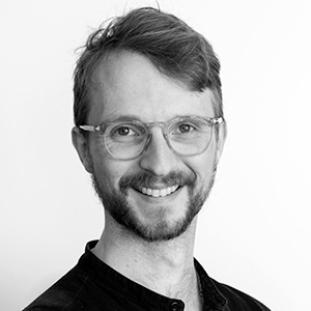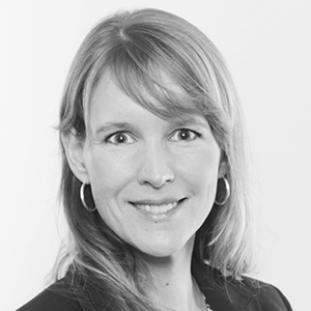The subject of planned relocation (PR) is growing in importance as the continued habitability of many places comes into question, but past experiences of PR have been highly negative for communities. PR can lead to positive outcomes, but it requires careful consideration and inclusive decision-making. Planning needs to account for more than the physical/infrastructural aspects, to consider social, cultural, and livelihood dimensions. In this context, CRS and UNU-EHS see a need for safe, moderated spaces for mutual learning and awareness-raising around the complexities of PR. Our overarching goal is to facilitate stakeholder dialogue and systems thinking on PR. Our approach is to produce an engaging, affordable simulation that encourages policy experimentation, empathy and mutual understanding.
Our primary audience is policymakers and planners. The simulation will help them explore (a) how to communicate with communities in a sensitive, inclusive manner, (b) break policy silos, and (c) learn from others’ PR experiences. Unlike other simulations in this space, ours focuses on slow-onset hazards. It also emphasises the socio-cultural aspects of PR, as opposed to strictly technocratic solutions. Our design will be guided by principles of inclusivity, empathy, and effective cooperation, and will emerge from a participatory research process. We will work closely with the PDD and draw on UNU-EHS’ expert network. The project includes an impact evaluation combining qualitative and quantitative methods. The simulation will be free to use for non-commercial activities. CRS will develop a brand and communication materials for the simulation. With ownership of the simulation, CRS will be able to continue to maintain those, further disseminate the simulation, and provide additional moderator training beyond the project end date.





